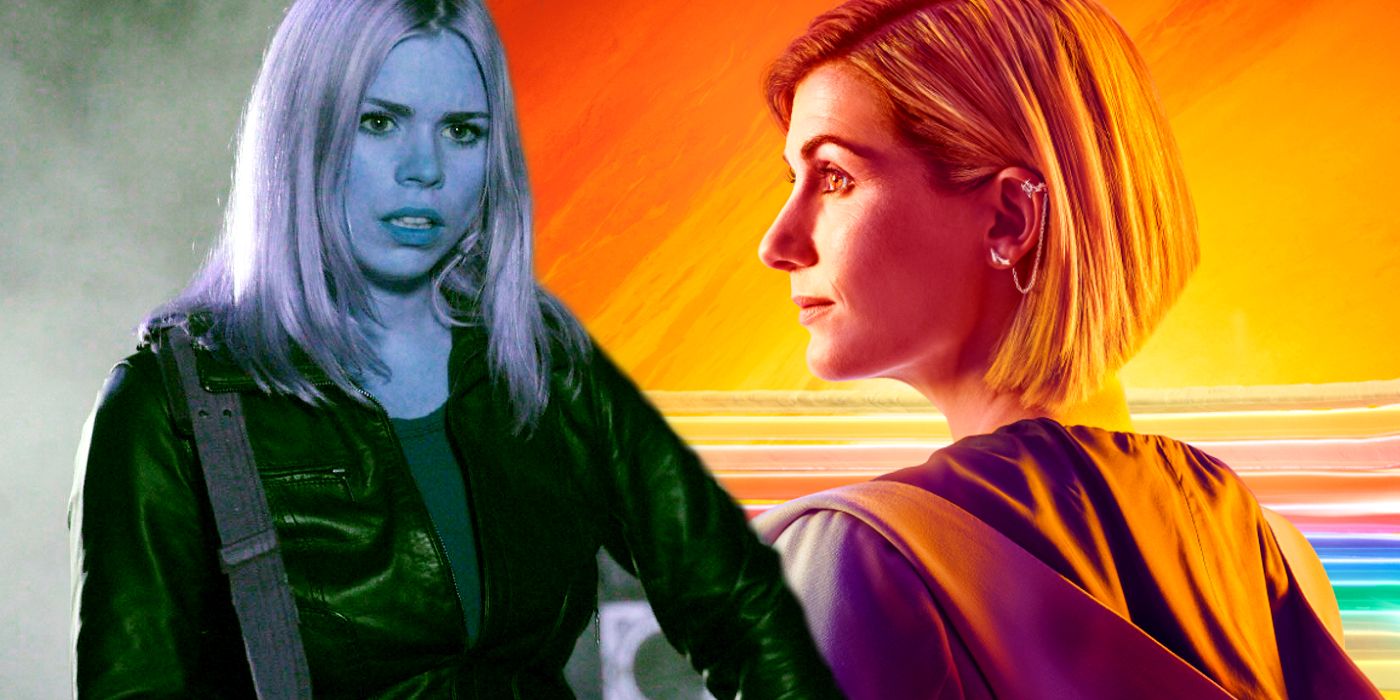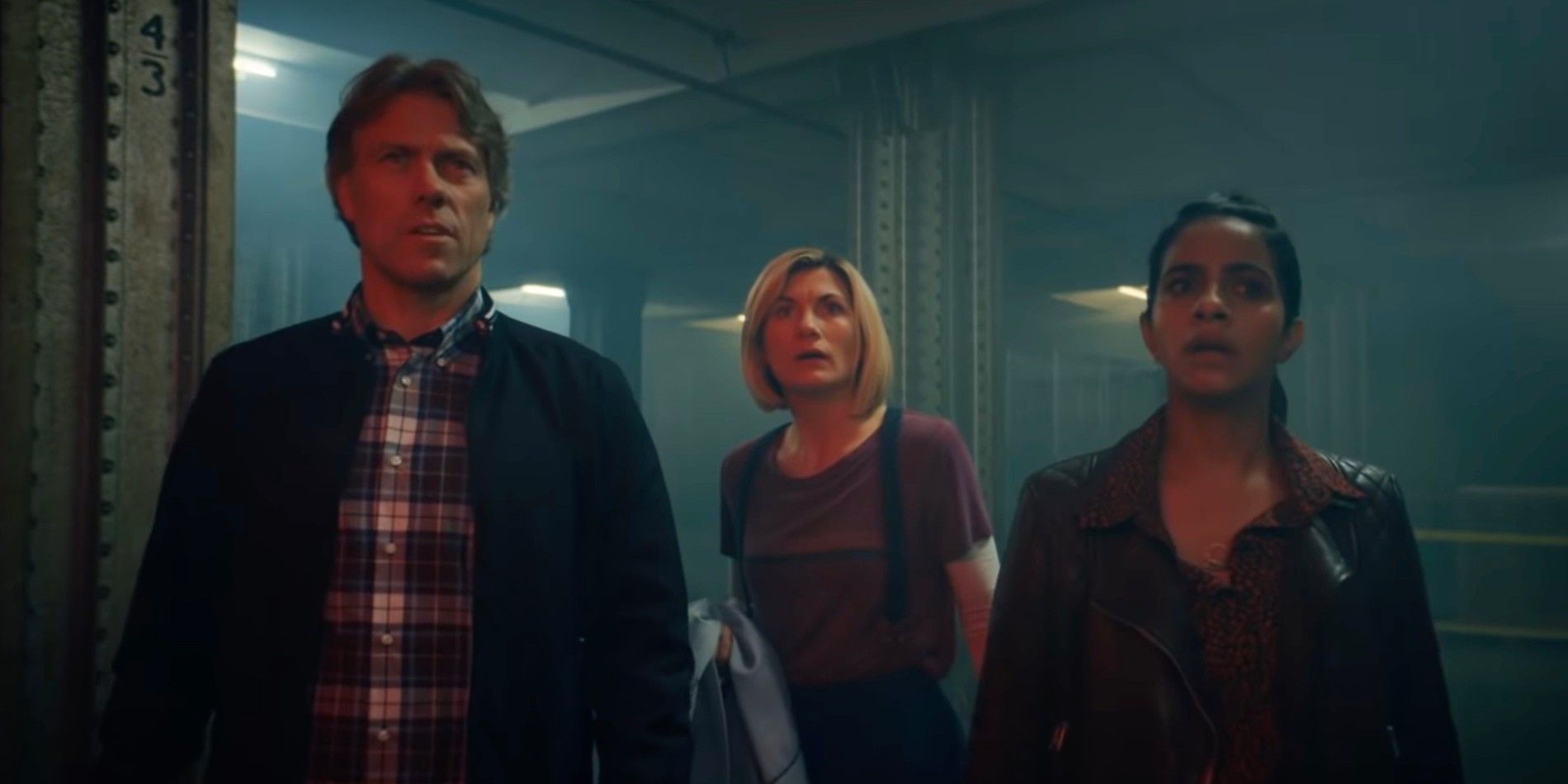This article contains spoilers for Doctor Who: Flux.
Doctor Who: Flux, for all its ambition as a serialized story, ultimately forgot what made Russell T. Davies' relaunch so successful. When Russell T. Davies relaunched Doctor Who in 2005, he recognized the need to switch up the format somewhat. He focused particularly on the role of the companion, recognizing them as the audience surrogate whose perspective on the Doctor would inform viewers. However, this approach has been increasingly absent from the show, culminating in Doctor Who: Flux's failure.
There's a sense in which Davies' relaunch was informed by one classic Doctor Who companion, Ace. Introduced in 1987 and played by Sophie Aldred, Ace was the rare companion who served almost as a co-star rather than a sidekick; she permanently changed the role of the companion, because the focus lay upon her development as a character, with Sylvester McCoy's Seventh Doctor exploring her backstory in several of the best stories of his run. In the same way, Russell T. Davies and his successor Steven Moffat focused in on the companions, centering the Doctor's stories around them.
However, despite this precedent, Doctor Who: Flux completely abandoned that idea, as is made clear in a recent story breakdown by showrunner Chris Chibnall and Thirteenth Doctor Jodie Whittaker. It's essentially a synopsis of the A-plot ahead of the three upcoming Doctor Who 2022 specials, but it's as striking for what it omits as for what it mentions. There's literally no reference to the Doctor's companions, even though Doctor Who: Flux introduced John Bishop as new companion Dan Lewis. It's as though Dan and Yaz were entirely irrelevant to the A-plot and therefore almost inconsequential in the context of the narrative.
Chibnall is an old-school Doctor Who fan who grew up with the classic series, and - for all his Timeless Child retcon actually draws upon an abandoned plan from the Seventh Doctor era - he seems to connect so strongly to the Doctor that he views her as the viewpoint character. Many of his plots have involved sending the companions off on side-plots while the Doctor made all the big discoveries; that habit is notable even in his best episodes, such as "Fugitive of the Judoon." Incredibly, there wasn't a single episode of Doctor Who: Flux where the Doctor and her companions weren't separated, and as a result, the Doctor doesn't seem to have spent more than five minutes with Dan over the course of the story.
Ironically, Chibnall's decision to focus on the Doctor and not on the companions, or even on her relationship with the companions, highlights the greatest problem with his Timeless Child retcon. The Doctor is not an audience surrogate; she's a quasi-immortal time traveler with a mind that's supposed to move far faster than any human being's. Viewers' inability to relate to the Doctor robs this story of its emotional impact, and as a result the whole Timeless Child arc feels like nothing more than an overcomplicated attempt to rewrite the show's already labyrinthine lore. Chibnall would have been wiser to take note of Davies and Moffat, recognize the importance of companions, and take care to craft a story that mattered to them as well as to the Doctor. This decision would ultimately have dramatically improved Doctor Who: Flux.


